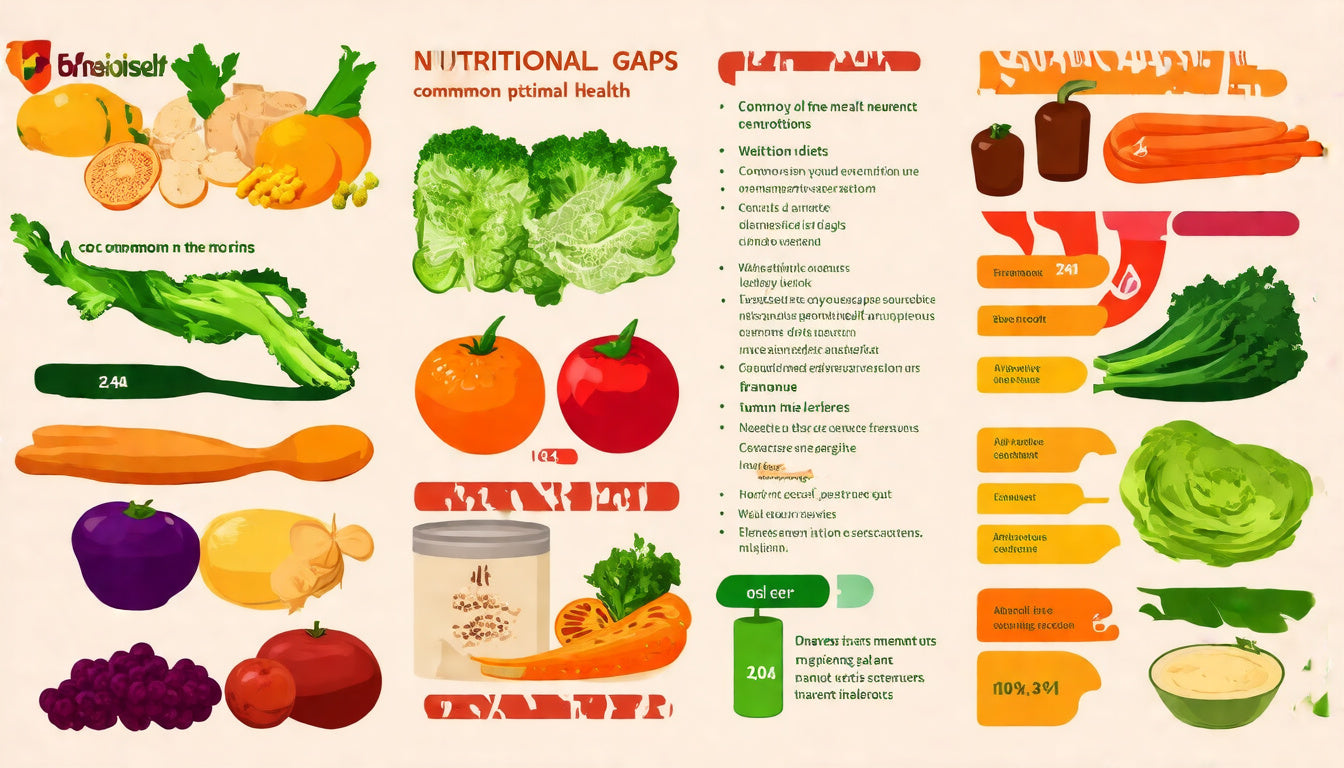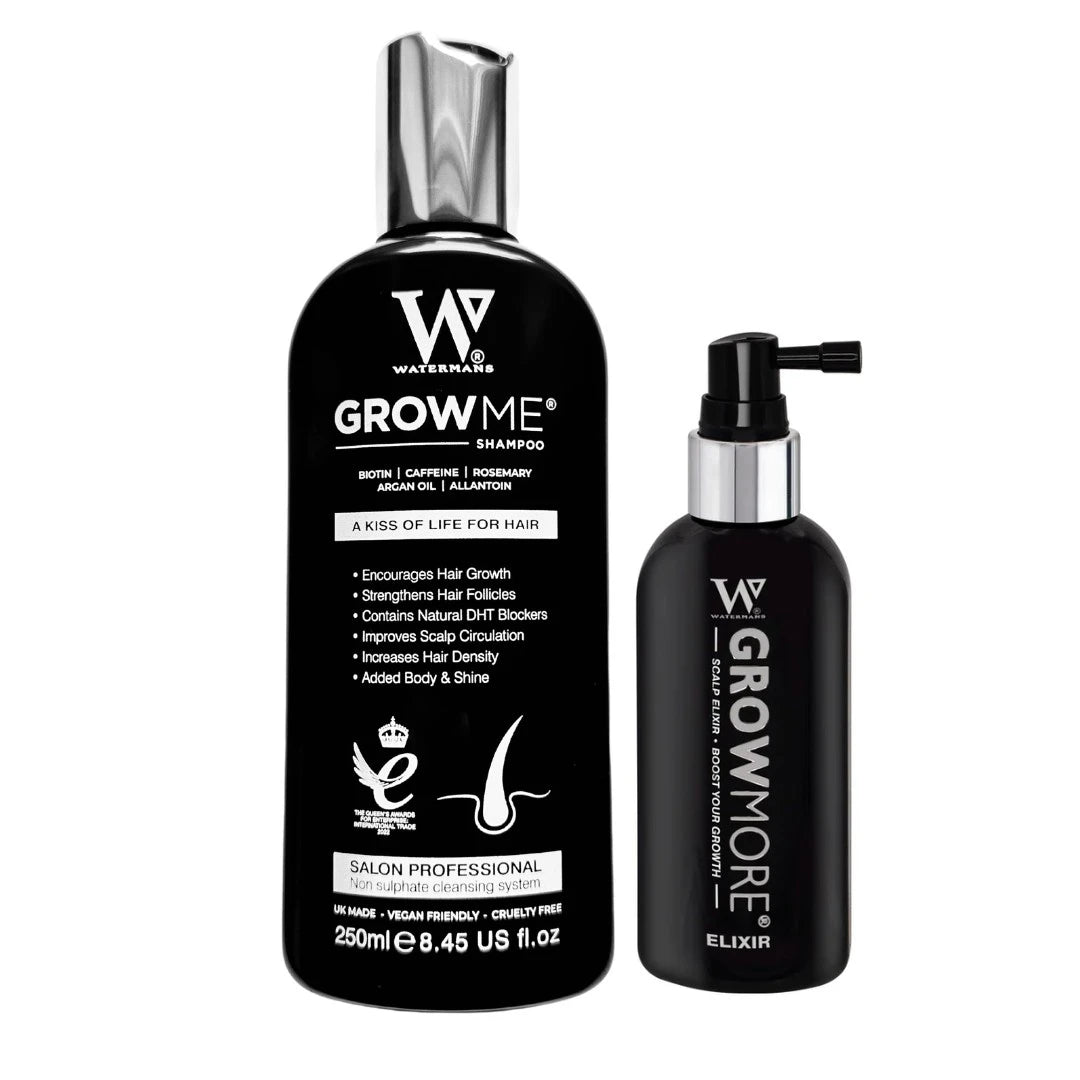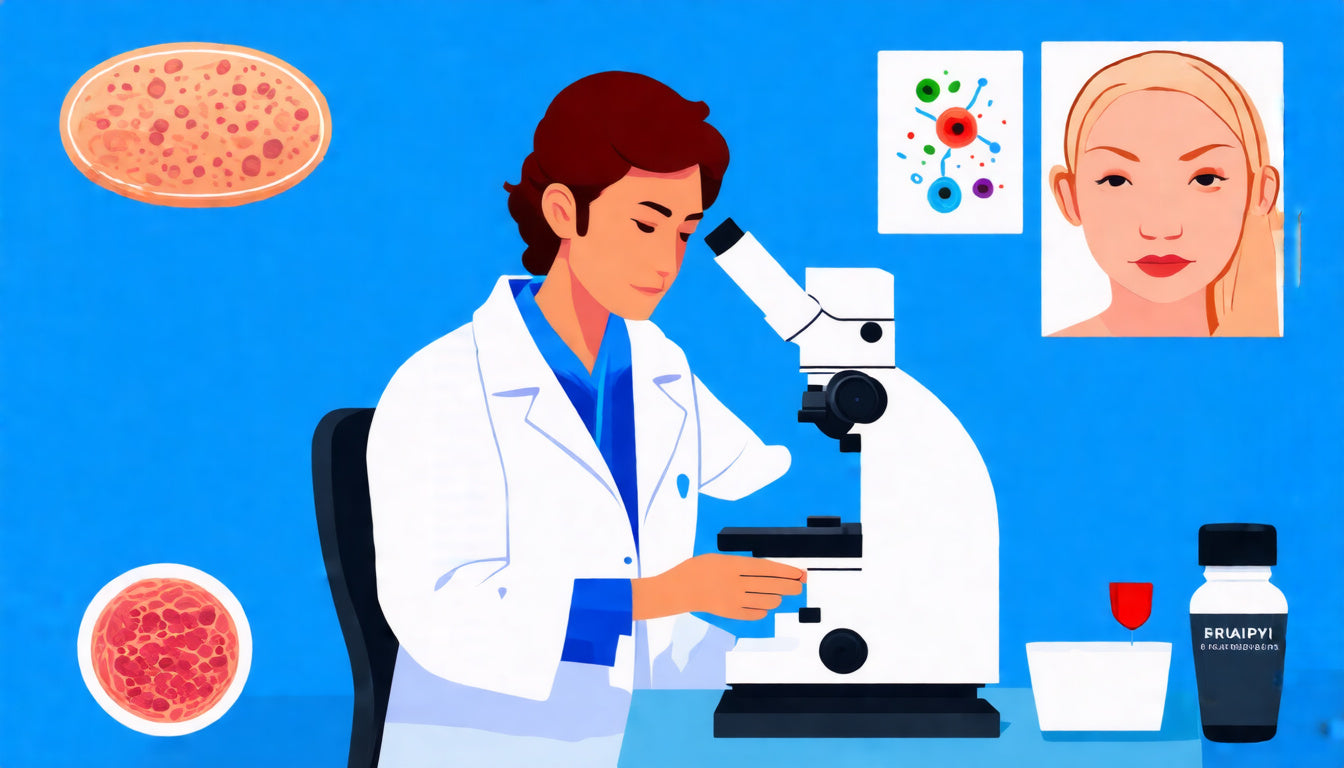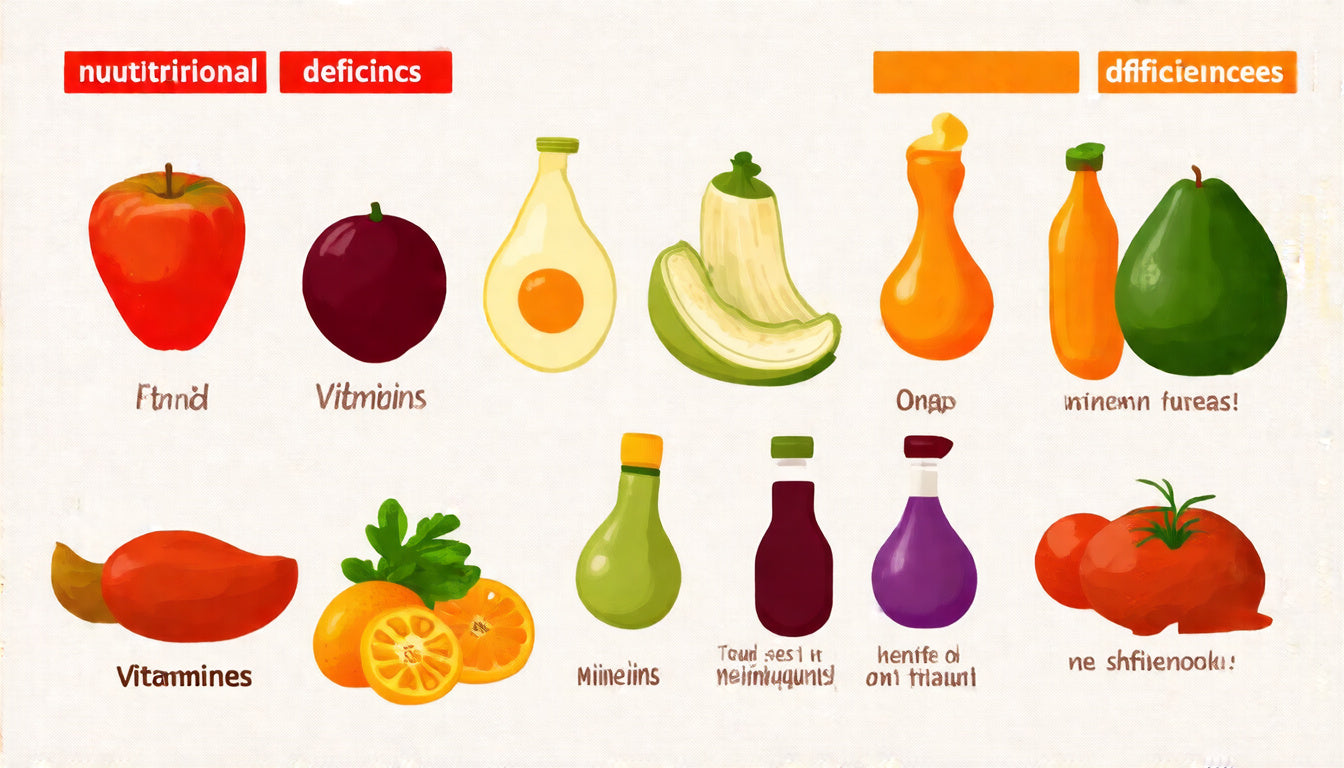
Uncovering Nutritional Gaps: What Your Diet Might Be Lacking for Optimal Health
Optimal health hinges on a well-balanced diet rich in essential nutrients. However, nutritional deficiencies can often go unnoticed until their symptoms start to impact your wellbeing. Understanding these gaps and identifying which nutrients your diet may be lacking can help you take proactive steps towards better health.
Common Nutritional Deficiencies and Their Effects on Your Body
Several key nutrients play vital roles in maintaining overall health, and deficiencies in them manifest in various physical symptoms:
1. Iron Deficiency: The Hidden Saboteur of Skin and Hair Health
Iron deficiency is one of the most common nutritional gaps, particularly affecting women and individuals with certain dietary restrictions. It often presents as:
- Pale, dry skin: Inadequate iron reduces oxygen supply to skin tissues, leading to a dull complexion.
- Hair loss and thinning: Hair follicles require sufficient iron for growth; deficiency weakens them, causing strands to shed.
Ensuring an iron-rich diet that includes foods like lean meats, spinach, and legumes can significantly improve skin vitality and hair strength.
2. Zinc Deficiency: Impact on Hair and Skin Vitality
Zinc is another crucial mineral supporting immune function, skin integrity, and hair growth. Signs of zinc deficiency include:
- Dry, rough skin: Lack of zinc impairs skin repair processes, resulting in dryness and rough patches.
- Increased hair thinning: Zinc supports hair follicle health; without it, hair becomes more prone to shedding.
Foods high in zinc such as nuts, seeds, and whole grains can help restore adequate levels.
3. Vitamin B12 Deficiency: A Cause of Fatigue and Hair Problems
Vitamin B12 facilitates red blood cell formation and neurological function. Deficiency symptoms may involve:
- Hair thinning and loss due to impaired cell regeneration.
- Chronic fatigue and weakness, which indirectly affect overall health.
Including vitamin B12 sources like eggs, dairy, and fortified cereals is essential, especially for vegetarians and vegans.
4. Vitamin D Deficiency: More Than Just Bone Health
Vitamin D deficiency is widespread and affects more than just bone density. Its lack can contribute to:
- Hair thinning related to weakened hair follicles.
- Skin issues, as vitamin D plays a role in skin repair and immune response.
Adequate sun exposure combined with fortified foods or supplements can help maintain healthy vitamin D levels.
5. Protein Deficiency: Essential for Hair and Skin Regeneration
Protein is a fundamental building block for tissue repair and regrowth, including hair strands and skin cells. Inadequate protein intake leads to:
- Increased hair shedding and slow regrowth.
- Dry skin with diminished elasticity.
Incorporate lean meats, beans, and dairy to ensure sufficient protein in your diet.
6. Vitamin A and Vitamin C Deficiencies: Skin Health Guardians
- Vitamin A deficiency often results in dry, flaky skin due to impaired skin cell turnover.
- Vitamin C deficiency can lead to easy bruising and slow wound healing because of its role in collagen production.
Citrus fruits, leafy greens, and orange vegetables are great sources of these vitamins.
7. Vitamin K Deficiency: The Overlooked Factor in Bruising
While less common, insufficient vitamin K can cause easy and unexplained bruising as it is essential for blood clotting. It is found in green leafy vegetables and fermented foods.
Taking Charge: Identifying and Addressing Your Nutritional Gaps
Being aware of these nutrient-related symptoms allows you to examine your diet critically. Consider consulting healthcare professionals for proper testing and personalized dietary recommendations. Supplementing your diet with nutrient-rich foods or quality supplements can make a significant difference.
For those experiencing hair loss or thinning related to nutritional gaps, exploring dedicated hair care solutions paired with improved nutrition can yield the best results. To learn more about hair health and products that support hair recovery, visit Watermans.
By uncovering and addressing these nutritional gaps, you can enhance not only your outward appearance but also your long-term health and wellness.













